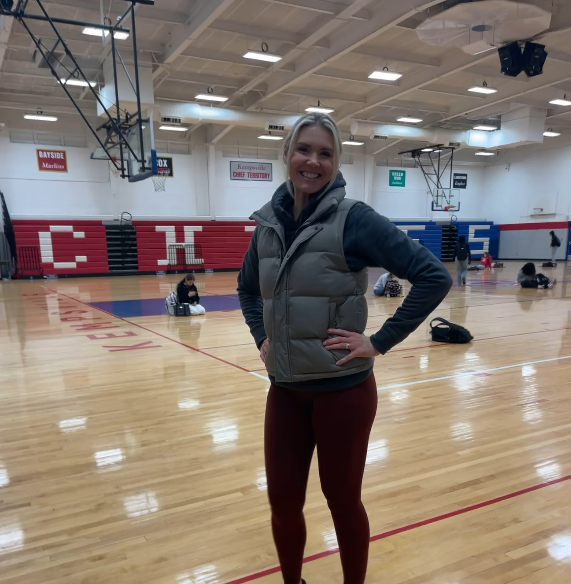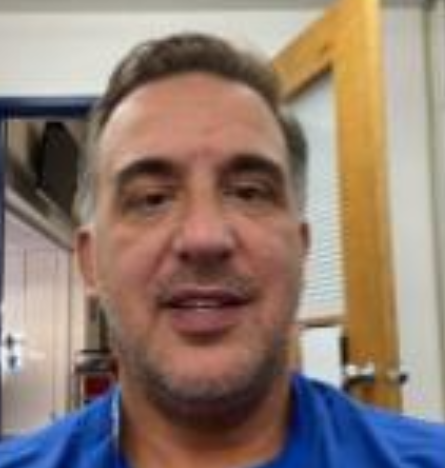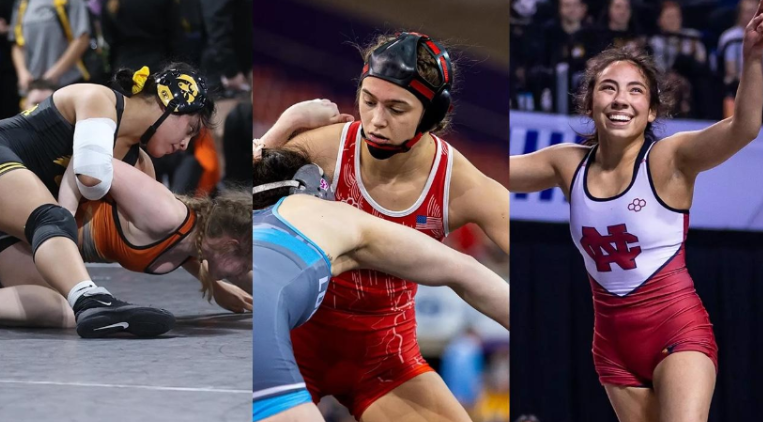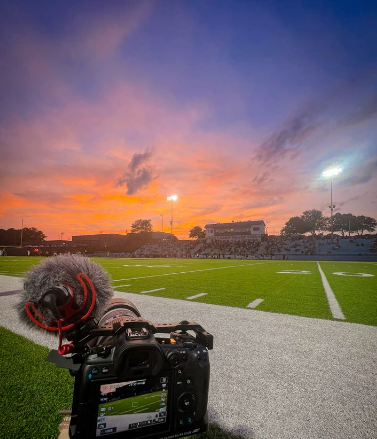There is no doubt that athletes have to put in their hours at the gym or on the track. If that is on or off season, the problem is many people don’t realize the importance of conditioning and the impact it has on sports performance. There are a handful of athletes experiencing burnout and try to condition, but don’t get as far as they would have hoped and end up quitting during the off season.
Football and Track Coach Mr. Wetmore states, “Anyone who is going to partake in sports at any level absolutely needs to compete in conditioning. Bodies are built to respond to stress. If you don’t stress your body at some point it will never grow, it will never develop, it will not be ready for the reggers of sport.”
Conditioning is the concept of training in order to prepare the body for the sporting season. There is no set training program for athletes, and conditioning will vary based on the person and the sport. It is imperative to delve into the practical advantages of conditioning.
The activity coordinator Ms. Conaway states, “There is no magic button you push, and you are in shape. Conditioning normally works best when it’s done gradually. You cannot just hop out there on a random Tuesday and run a marathon. That’s not going to work.”
The main goal of conditioning is to ensure it continues to build cardiovascular endurance and gain strength. Lowering heart rate and having oxygen and good blood flow is detrimental to perform optimally.
“Some of the simple guidelines that I always use for athletes are: are you sweating? Are you breathing hard? Can you feel an elevated pulse, elevated heart rate? If those three things are not happening then it didn’t really work?” states Coach Wetmore.
Sports conditioning will also help the athlete increase mobility, stabilize joints, and learn or improve movement patterns. When someone is able to enhance features, this can help the overall strength of the athlete and help with preventing injury in and outside of the sport itself.
Getting an injury can be a worst nightmare for an athlete. Especially, if they are depending on their athleticism for their future steps or for the betterment of their team. With this being said, when athletes make the decision to condition, they are keeping their body and shape, and already warmed up for the season. Having the strength and endurance during the season will decrease the athlete will get injured due to their lack of strength.
There is no specific time to start conditioning. It predominantly aligns with the athlete or the position in the sport. However, it is usual to start several months prior to the season to see some of the best results. While this may be the circumstance for most sports, some sports, like football, start exceptionally early before the season.
Outside of physical activity, athletes should be conscious of their food consumption because the nutrition will also impact your body operations.
Coach Wetmore states, “At some point people were led to believe that eating less would help you become a better athlete. I find the opposite to be true. The more you eat the more calories you have available.”
Senior, Varsity Baseball player, Jack Wall states, “Always stay hydrated. Get those electrolytes in.”
The idea of conditioning sounds nice: staying in shape, sharpening skills, and ready to come back better than at the end of last season. However, struggles regarding motivation to put the work in, especially if you are alone, might cause an athlete to choose not to do conditioning. Find someone to condition with you or make a plan for conditioning with. Having an attainable goal grants more motivation and maybe you might find yourself conditioning during the off season.



















